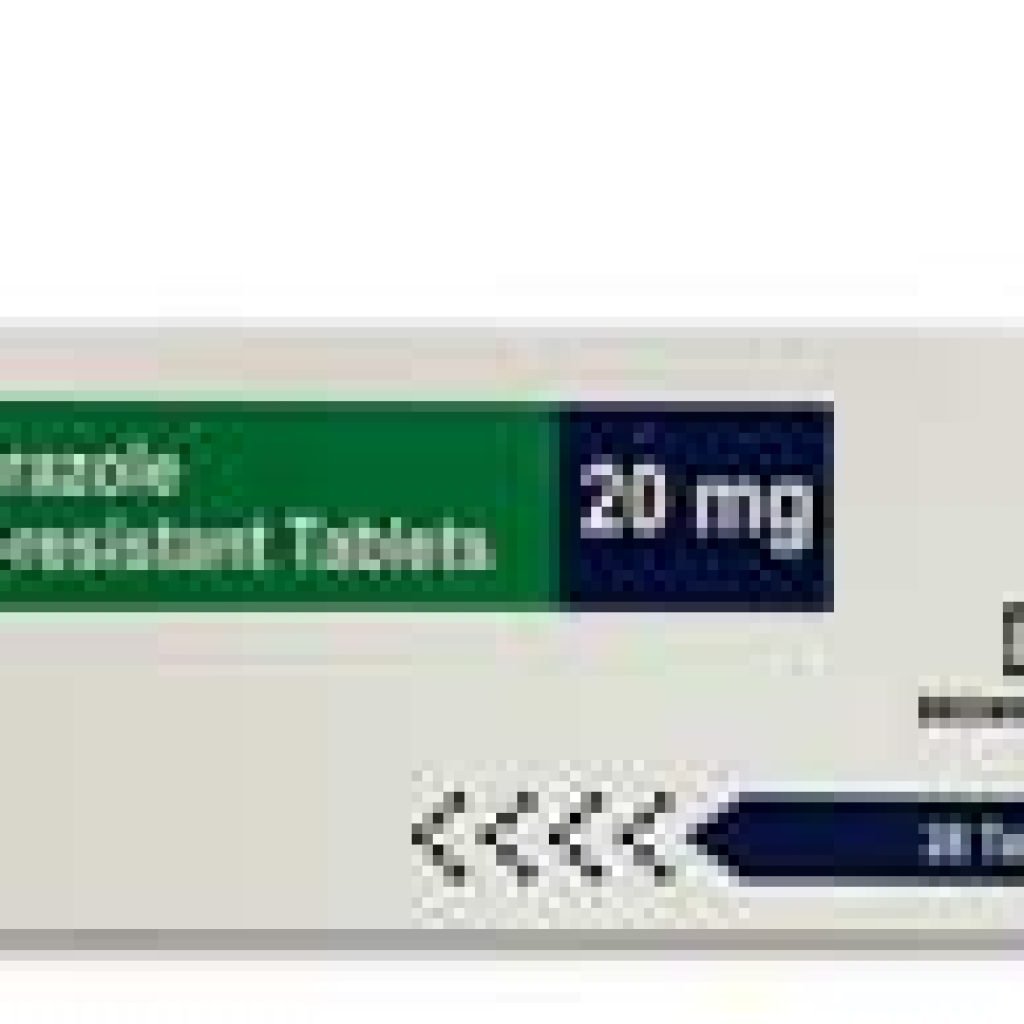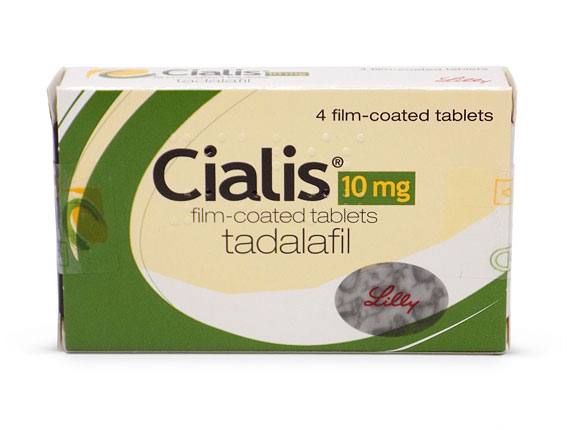Description
About Pantoprazole
Pantoprazole tablets belong to the class of medicines called proton pump inhibitors (PPI). PPIs were discovered in 1979 and pantoprazole has been used for over 25 years. PPIs are safe and effective treatments for acid reflux/heartburn, and can also help a range of other gastric and duodenal conditions.
Further information: NHS – Pantoprazole.
How does pantoprazole relieve acid reflux/heartburn?
The ‘proton pump’ is the process that produces digestive acid in the stomach in response to eating a meal. Pantoprazole and other PPIs block the proton pump and so reduce the acidity in the stomach. As there is less acid the symptoms of acid reflux and heartburn are reduced.
How to take pantoprazole 20mg tablets for GORD (acid reflux and heartburn)
- Take one pantoprazole 20mg tablet once a day, one hour before a meal, at the same time each day.
- Swallow your tablets whole with a drink of water.
- Do not chew or crush the tablets.
- Use daily for up to 4 weeks. If symptoms do not settle after 2 weeks, see a GP to discuss further investigation.
- If symptoms come back, take one pantoprazole 20mg tablet once a day, as needed.
- If needing to continue using more than 4 times a week for over a month, see a GP.
Who might be suitable for pantoprazole 20mg tablets?
Dr Fox supplies pantoprazole 20mg tablets to treat gastro-oesophageal reflux disease (GORD), with symptoms of acid reflux, acid indigestion, and heartburn in adults over 18.
Pantoprazole can also be used:
- To prevent relapse in healed oesophagitis.
- To prevent gastroduodenal ulcers due to taking continuous NSAID (non-steroidal anti-inflammatory) treatment.
- For other conditions linked to overproduction of stomach acid.
Helicobacter pylori (H. pylori)
H. pylori is a bacterium found in some people’s stomachs. It is known to be linked with gastritis, gastric and duodenal ulcers, and gastric cancer. All PPIs, including pantoprazole, can be used in combination with certain antibiotics, to clear H. pylori from the stomach. A GP will sometimes test for H. pylori if symptoms of acid reflux, indigestion, and heartburn do not settle quickly with a PPI.
Is there anyone who cannot take pantoprazole?
There are checks in the online consultation to confirm if pantoprazole is suitable or may affect other medications taken.
If taking phenytoin (for fits) or warfarin-type anticoagulants (blood thinners requiring regular blood tests) speak to the GP about extra monitoring before taking pantoprazole.
If taking medication to treat HIV/AIDS or cancer chemotherapy, including methotrexate, do not take pantoprazole without discussing it with your specialist as pantoprazole may interfere with your treatment.
Pantoprazole may not be suitable for people with severe liver or kidney problems – consult a GP.
During treatment with pantoprazole, if new symptoms develop such as unintended weight loss, vomiting, swallowing difficulties, blood in vomit, dark and tarry stools, or new stomach pains you must seek urgent medical attention.
Inform the doctor or nurse if undergoing investigations or blood tests that you are taking pantoprazole.
How soon is pantoprazole effective?
There should be some improvement from taking pantoprazole within a few days. For best results follow the instructions carefully on how to take it – see above and read the patient leaflet supplied in packs.
See a GP if symptoms have not significantly settled after 2 weeks.
Potential side effects of pantoprazole
All medications can cause side effects but not everyone gets them.
Side effects are less commonly reported with pantoprazole than with other PPIs, but can include:
- Headache.
- Constipation or diarrhoea.
- Flatulence (wind).
- Nausea/vomiting.
- Stomach pains.
- Small harmless stomach polyps (only seen on endoscopy and settled on stopping the medication).
Further information is in the manufacturer’s patient leaflet.
Are there any drugs that might interact with pantoprazole?
There are a few medicines that interact with pantoprazole, making one or the other less or more effective. Checks for these are carried out in the online consultation.
Do not take pantoprazole if taking:
- Nelfinavir, rilpivirine, atazanavir, saquinavir and ritonavir, tipranivir, or similar – for HIV
Discuss with your GP/specialist before taking pantoprazole if taking:
- Ketoconazole, posaconazole, voriconazole and itraconazole – antifungals.
- Dasatinib, gefitinib, neratinib, erlotinib – cancer chemotherapy.
- Methotrexate – cancer chemotherapy, rheumatoid arthritis, and psoriasis.
- Fluvoxamine for depression.
- Rifampicin – tuberculosis.
- St John’s Wort – a herbal remedy for low mood.
- Phenytoin – fits.
- Warfarin – blood thinning.
Special warnings/precautions for use
If you are due to have a gastroscopy/endoscopy you will probably be asked to stop taking pantoprazole a few weeks before the procedure – check with your GP.
The following have been reported with long-term (over a year) regular use of pantoprazole:
- Slight increase in the risk of fractures at the hip, wrist, and spine, hence patients are recommended to follow national guidelines for prevention and treatment of osteoporosis, and to have an adequate intake of calcium and vitamin D. Risk is increased if also taking regular steroid medication.
- Low levels of vitamin B12. If you already have low vitamin B12 levels, discuss with a GP before taking pantoprazole tablets.
- Low magnesium levels. Symptoms include fatigue, dizziness, confusion, fits, and irregular heart rhythms. More likely if taken with other drugs (e.g. digoxin) which can also lower magnesium levels. Periodic checks of blood magnesium levels may be recommended if taken for longer than 3 months continuously.
- A rare condition ‘subacute cutaneous lupus erythematosus’ (SCLE). Consult your GP promptly if you develop a skin rash in sunlight-exposed areas.
- A slightly higher risk of gastroenteritis such as Campylobacter and Salmonella.
Very rare effects:
- Dizziness, visual disturbances, and muscular weakness – if affected do not drive or operate heavy machinery.
- In some uncommon cases pantoprazole can lead to blood changes, so if having any blood test, always let your GP or nurse know that you are taking it.
Pregnancy and/or breastfeeding
There is no information about the safety of pantoprazole in pregnancy or breastfeeding so pantoprazole should not be used, without discussing it with a GP or specialist. Pantoprazole is found in breast milk.
Allergy to pantoprazole and other PPIs
Do not take pantoprazole if you are known to be allergic to other PPIs.
If you have any symptoms or signs suggestive of an acute allergic reaction (anaphylaxis), you must get medical help immediately (telephone 999 if in the UK).
Symptoms/signs of an acute allergic reaction include:
- Difficulty breathing, tight chest, wheezing.
- Swelling of the face, lips, or tongue.
- Skin rash – urticaria/hives.
- Confusion/collapse/unconsciousness.
For more information see NHS – Anaphylaxis.






Reviews
There are no reviews yet.